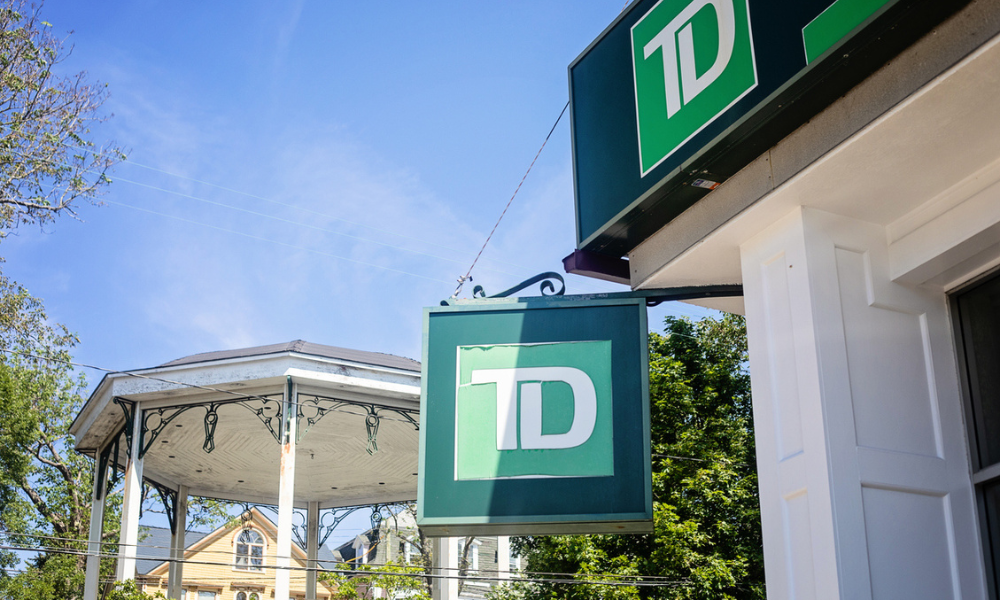TD faces possible earnings cut following laundering probe – analysts

TD faces possible earnings cut following laundering probe – analysts | Insurance Business Canada
Insurance News
TD faces possible earnings cut following laundering probe – analysts
Its earnings could drop by more than $1 billion
Insurance News
By
Abigail Adriatico
The investigation surrounding Toronto-Dominion Bank’s (TD Bank) alleged ties with a money-laundering case may cause a larger fine than originally expected as well as negatively impacting its earnings, according to analysts from National Bank of Canada, as reported in an article by Bloomberg.
The Wall Street Journal reported that the US Department of Justice was investigating TD Bank’s ties to a $653 million drug money laundering case in New York and New Jersey. In addition, one of TD Bank’s employees from its branch in New Jersey has been charged with accepting bribes that facilitated the laundering of the drug money.
A note by National Bank analysts to clients stated that, upon analysis, the issues could lead to a $2 billion fine, instead of the previously expected range of $500 million to $1 billion. They added that it could also have a negative impact in the long run for the bank’s financial performance.
According to analysts, the bank’s earnings could see a drop by more than $1 billion, which includes $250 million annual ongoing compliance costs as well as limitations on the growth of earnings and being put in the ‘penalty box’ with US authorities for five years. Following the anti-money laundering report concerning the bank, its shares dropped by 2.9% after initially decreasing by 1.7% on Thursday.
Aside from the investigation by the Department of Justice, the bank is also facing three other regulatory probes, setting aside an initial provision worth $450 million for one of them. While analysts from the National Bank said that the $2 billion penalty was realistic, fines weren’t the only financial consideration to be made.
“Not only were the direct financial penalties assessed against each institution very large, the long-term implications were materially negative to future performance,” the analysts said.
The prospect of a consent order from one or more agencies from the US may include penalties like an asset cap on growth as well as being restricted when it comes to mergers and acquisitions for a certain time period.
The analysts referenced the consent orders made against HSBC Holdings Plc and Wells Fargo & Co. due to laundering tied to cartels and false-account activities, respectively, as they may be the worse-case scenario for the TD Bank, meaning a notable negative impact to its operations in the long run.
What do you think about this story? Share your thoughts in the comments below.
Related Stories
Keep up with the latest news and events
Join our mailing list, it’s free!






